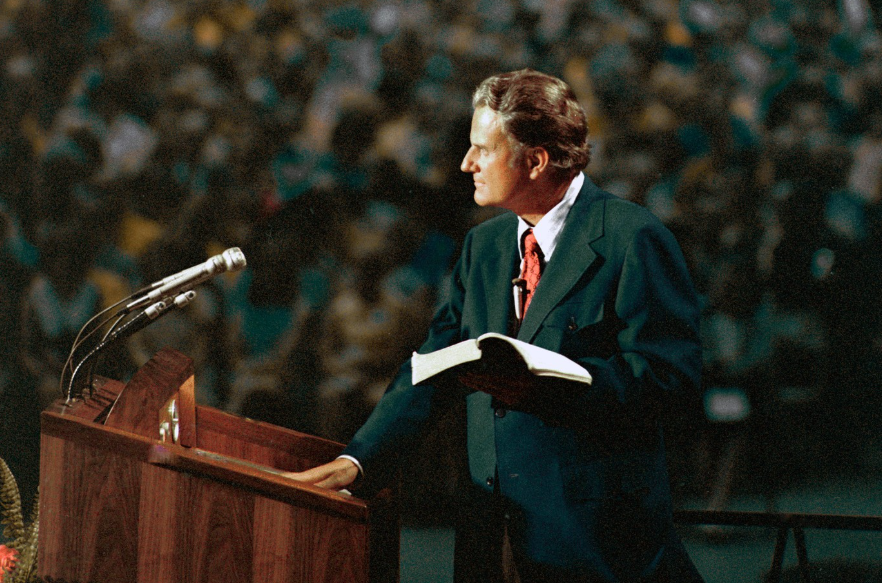Zimbabwe, located in Southern Africa, is a country known for its rich cultural diversity. This diversity is also reflected in the religious beliefs and practices of its people. In this article, we will explore the different religions practiced in Zimbabwe and how they contribute to the social fabric of the country.
Historical Overview of Religion in Zimbabwe
Religion has always played a significant role in the lives of Zimbabweans, dating back to pre-colonial times. The indigenous people of Zimbabwe had their own spiritual beliefs and practices, which were often centered around ancestral worship and nature spirits. These beliefs were deeply ingrained in their cultural practices and helped shape their worldview.
With the arrival of European colonizers in the 19th century, Christianity was introduced to Zimbabwe. Missionaries from various Christian denominations, such as Catholics, Protestants, and Anglicans, played a key role in spreading the Christian faith among the local population. Over time, Christianity became the dominant religion in Zimbabwe, with a significant portion of the population identifying as Christians.
In addition to Christianity, other religions such as Islam, Hinduism, and traditional African religions also have a presence in Zimbabwe. These diverse religious practices contribute to the cultural richness of the country and provide Zimbabweans with a sense of identity and belonging.
Major Religions in Zimbabwe
Christianity
Christianity is the dominant religion in Zimbabwe, with a majority of the population identifying as Christians. The largest Christian denominations in Zimbabwe include:
Roman Catholic Church: The Roman Catholic Church has a significant presence in Zimbabwe, with a large number of followers across the country. The church plays a central role in providing spiritual guidance and social services to the local community.
Anglican Church: The Anglican Church is another major Christian denomination in Zimbabwe, with a long history in the country. The church has a strong presence in urban and rural areas, providing spiritual support and community outreach programs to its followers.
Protestant Churches: Various Protestant denominations, such as Methodist, Presbyterian, Baptist, and Pentecostal churches, are also prevalent in Zimbabwe. These churches attract a diverse range of followers and contribute to the religious diversity of the country.
Traditional African Religions
Traditional African religions are still practiced by a significant portion of the population in Zimbabwe, particularly in rural areas. These religions are rooted in the spiritual beliefs and practices of the indigenous people of Zimbabwe and often involve rituals and ceremonies that honor ancestral spirits and nature deities.
Islam
Islam is a minority religion in Zimbabwe, with a small but growing Muslim community in the country. The Muslim population is primarily concentrated in urban areas, where mosques and Islamic schools provide religious education and support to followers. The Muslim community in Zimbabwe is diverse, with followers from different ethnic backgrounds and cultural traditions.
Hinduism
Hinduism is practiced by a small number of Zimbabweans, primarily by members of the Indian diaspora living in the country. Hindu temples and cultural centers can be found in urban areas, where followers gather to worship and celebrate religious festivals. Hinduism provides a sense of cultural identity and spiritual fulfillment to its followers in Zimbabwe.
Religious Freedom and Tolerance in Zimbabwe
Zimbabwe is known for its religious diversity and tolerance, with the government recognizing and respecting the rights of all religious groups to practice their faiths freely. The constitution of Zimbabwe guarantees freedom of religion and belief, ensuring that all citizens have the right to worship according to their conscience.
Interfaith dialogue and cooperation are also promoted in Zimbabwe, with various religious groups coming together to address social issues and promote peace and harmony in the country. Religious leaders play a key role in advocating for social justice and human rights, using their moral authority to bring about positive change in Zimbabwean society.
Religious Festivals and Celebrations in Zimbabwe
Religious festivals and celebrations play an important role in the cultural life of Zimbabwe, providing opportunities for believers to come together in worship and celebration. Some of the major religious festivals in Zimbabwe include:
Easter: Easter is a significant Christian festival in Zimbabwe, commemorating the crucifixion and resurrection of Jesus Christ. Churches hold special services and events during Easter, with many Zimbabweans attending church services and participating in prayer and reflection.
Christmas: Christmas is celebrated by Christians in Zimbabwe as the birth of Jesus Christ. The holiday is marked by church services, festive decorations, and gift-giving among families and friends. Many Zimbabweans also participate in community events and charity initiatives during Christmas.
Eid al-Fitr: Eid al-Fitr is an important Muslim festival in Zimbabwe, marking the end of the holy month of Ramadan. Muslims gather for prayers and feasts to celebrate the spiritual significance of Eid al-Fitr, exchanging gifts and greetings with loved ones.
Diwali: Diwali is a Hindu festival celebrated by the Indian community in Zimbabwe, symbolizing the victory of light over darkness. The festival includes prayers, feasting, and the lighting of lamps to illuminate homes and public spaces.
Religious Organizations and Institutions in Zimbabwe
Religious organizations and institutions play a vital role in the social and cultural life of Zimbabwe, providing spiritual guidance, education, and social services to their followers. Some of the prominent religious organizations in Zimbabwe include:
Zimbabwe Council of Churches: The Zimbabwe Council of Churches is an umbrella organization that brings together various Christian denominations in Zimbabwe. The council promotes interfaith dialogue, social justice, and peacebuilding initiatives in the country.
Islamic Religious Institutions: The Muslim community in Zimbabwe is served by various Islamic religious institutions, including mosques, madrasas, and charitable organizations. These institutions provide religious education, social services, and support to the Muslim population in Zimbabwe.
Hindu Cultural Centers: Hindu cultural centers and temples in Zimbabwe serve as spiritual and cultural hubs for the Indian community in the country. These centers offer religious services, cultural programs, and social activities for followers of Hinduism in Zimbabwe.
Religious Demographics in Zimbabwe
While Christianity is the dominant religion in Zimbabwe, the country is also home to a diverse range of religious beliefs and practices. According to the latest census data, the religious demographics of Zimbabwe are as follows:
| Religion | Percentage of Population |
|---|---|
| Christianity | 85% |
| Traditional Religions | 8% |
| Islam | 2% |
| Hinduism | 1% |
| Other religions | 4% |
Challenges and Opportunities for Religious Communities in Zimbabwe
Despite the religious diversity and tolerance in Zimbabwe, religious communities face various challenges and opportunities in the country. Some of the key challenges include:
Secularism: There is a growing trend of secularism in Zimbabwe, with an increasing number of young people identifying as non-religious or atheist. This trend poses a challenge to religious communities seeking to attract and retain followers in an increasingly secular society.
Interfaith Relations: While interfaith dialogue and cooperation are promoted in Zimbabwe, there are occasional tensions and conflicts between different religious groups. Building trust and understanding between religious communities remains a key challenge for promoting peace and harmony in Zimbabwe.
Social Justice: Religious communities in Zimbabwe are increasingly engaged in social justice initiatives, advocating for human rights, environmental protection, and economic equality. While these efforts are laudable, religious organizations often face challenges in mobilizing resources and support for their social justice work.
Globalization: The influence of globalization on religious beliefs and practices in Zimbabwe is a double-edged sword. While globalization has facilitated the exchange of ideas and cultures, it has also brought about challenges such as religious syncretism and cultural erosion.
Conclusion
In conclusion, Zimbabwe is a country characterized by its rich religious diversity and tolerance. Christianity remains the dominant religion in Zimbabwe, followed by traditional African religions, Islam, and Hinduism. Religious communities in Zimbabwe play a vital role in providing spiritual guidance, social services, and cultural identity to their followers. Challenges and opportunities exist for religious communities in Zimbabwe, ranging from secularism and interfaith relations to social justice and globalization. Overall, the religious landscape of Zimbabwe reflects the country’s cultural richness and spiritual vitality, contributing to the social fabric of the nation.


